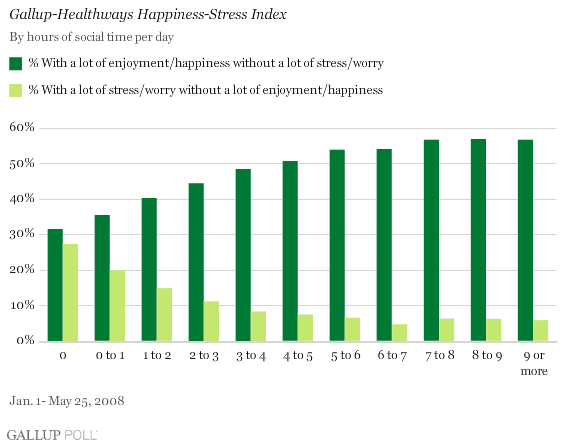| |
[Jan. 1st, 2009|03:56 pm] |
Over the last couple of months I've been investigating methods to create problems. That's right, not to solve problems, but rather create them. What I've found so far seems to point to a fundamental tension between humans and technology. Humans like to create connections. They tend to feel happier when they are a part of a bigger tribe. There used to be a great quote in ![[info]](http://lj.rossia.org/img/userinfo-lj.gif) centralasian@lj's journal that emphasized the human integration imperative: centralasian@lj's journal that emphasized the human integration imperative:
"We must always make connections, ever more connections, since they are not already given. For to connect is to affirm, and to affirm, to connect" - John Rajchman, in "The Deleuze Connections."
It's a wonderful illustration of a simple rule that almost guarantees social success. Modern social networks seem to confirm the approach. Facebook, MySpace, Odnoklassniki, and other relationship brokerage sites are thriving. People find the appeal of staying in touch with one's past and present almost irresistible. Furhtermore, there's a whole body of literature that shows a clear link between one's time with friends and family in determining the daily emotional well-being ( e.g. see gallup findings below).

On the other hand, technology ( in a wider economic sense) favors specialization. In other words, systems that focus on a limited set of functions have been proven to be reliable and cost-efficient. Nevertheless, when we, humans, create and mature technology, we instinctively connect more and more systems together. At a certain point the world enters the state of a "critical mess", when any intended improvement makes things worse, rather than better.
The current economic crisis serves as a good illustration of the human-induced technology over-integration disease. Original financial innovations of the late 1990s (e.g. CDS - credit default swaps) connected and integrated into economic areas beyond their original field of use caused huge damage to the worlds financial system. What started as a specialized and limited risk-management tool eventually became a pervasive risk generator of unknown consequences.
Similarly, computer technology and, especially, the software is prone to over-integration disasters. Microsoft Vista would be the latest example of such a disaster, when thousands of people working for many years created an unwieldy commercial flop.
Even the Internet-based social networking that initially promised people the benefits of a small world of always-connected friends turned into a huge privacy black hole. With a universal user ID your favorite search company and your phone operator know enough to milk your network behavior patterns for the rest of your life.
Thus, one of the best ways to create a great problem is to make as many technology connections as possible. The more, the stronger, the better. Have you made your connection today? ;) |
|
|